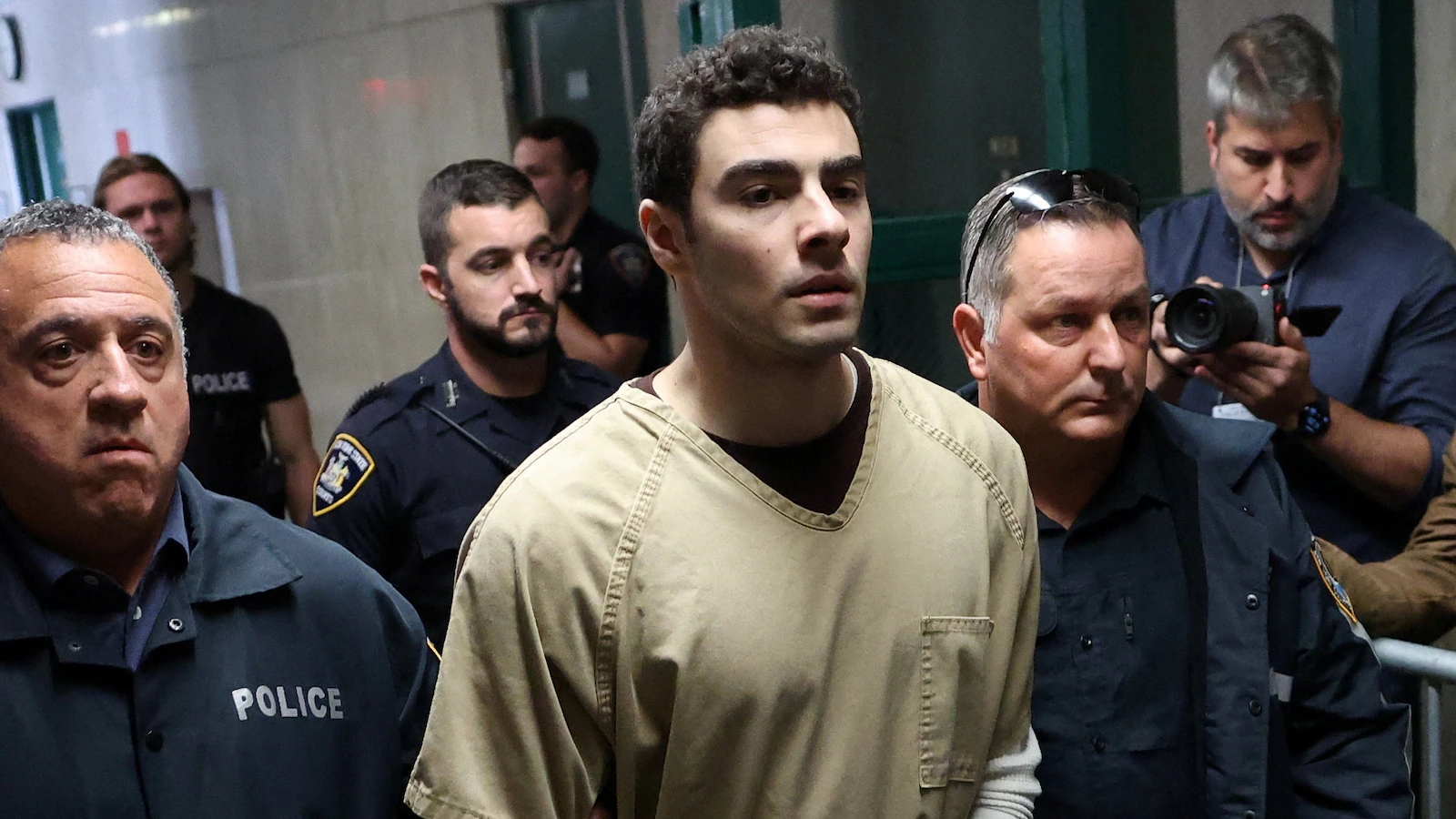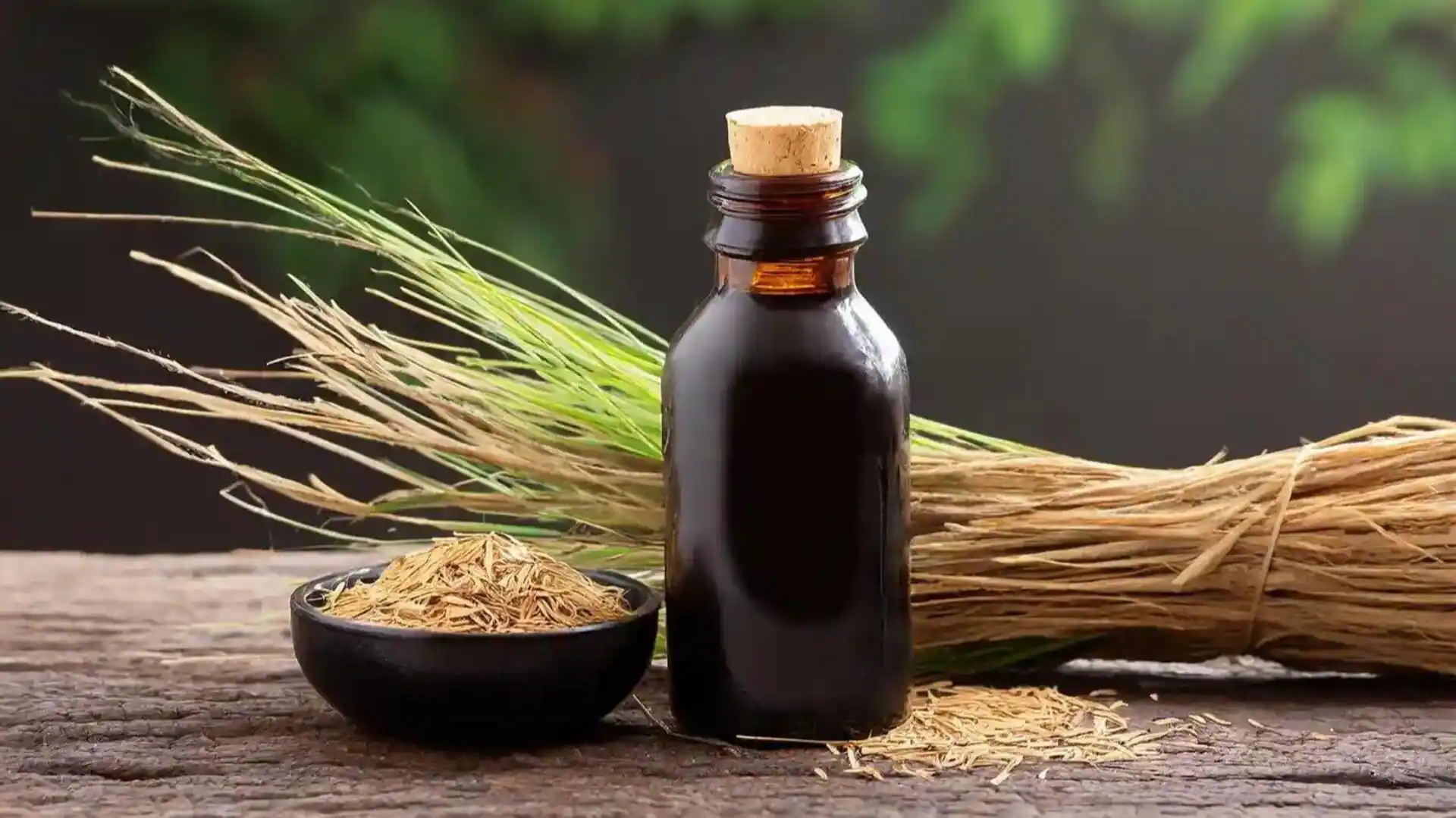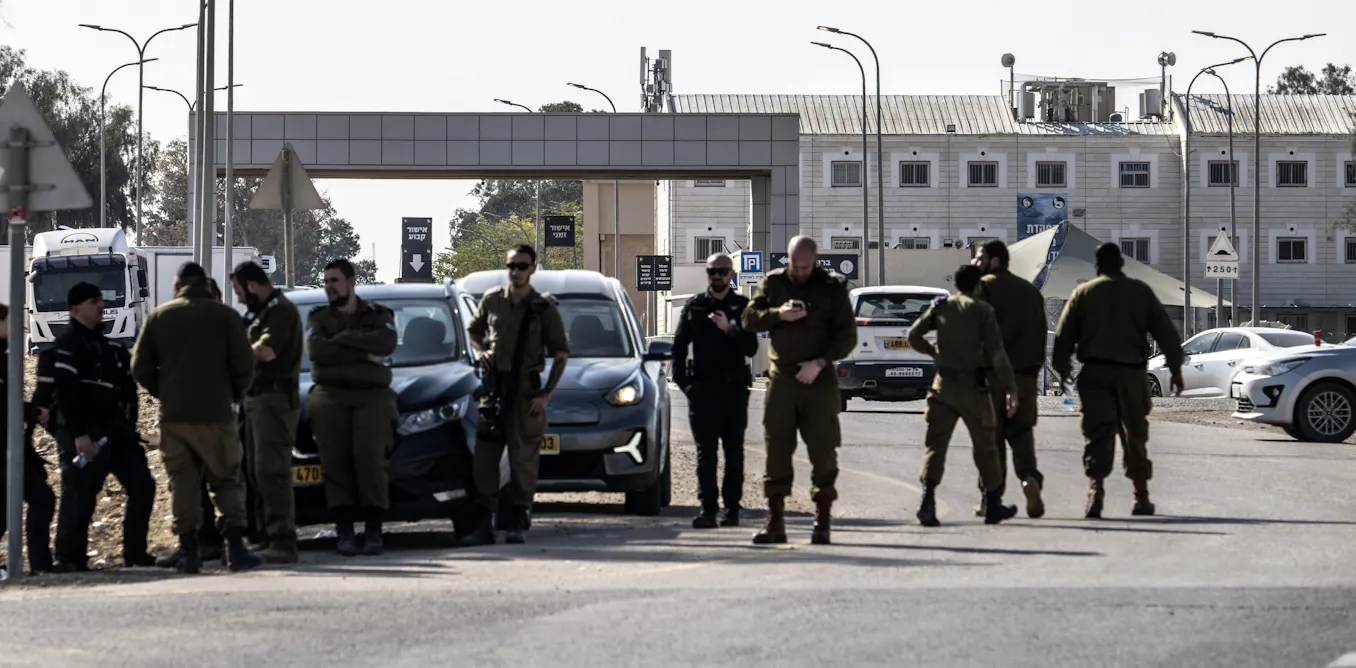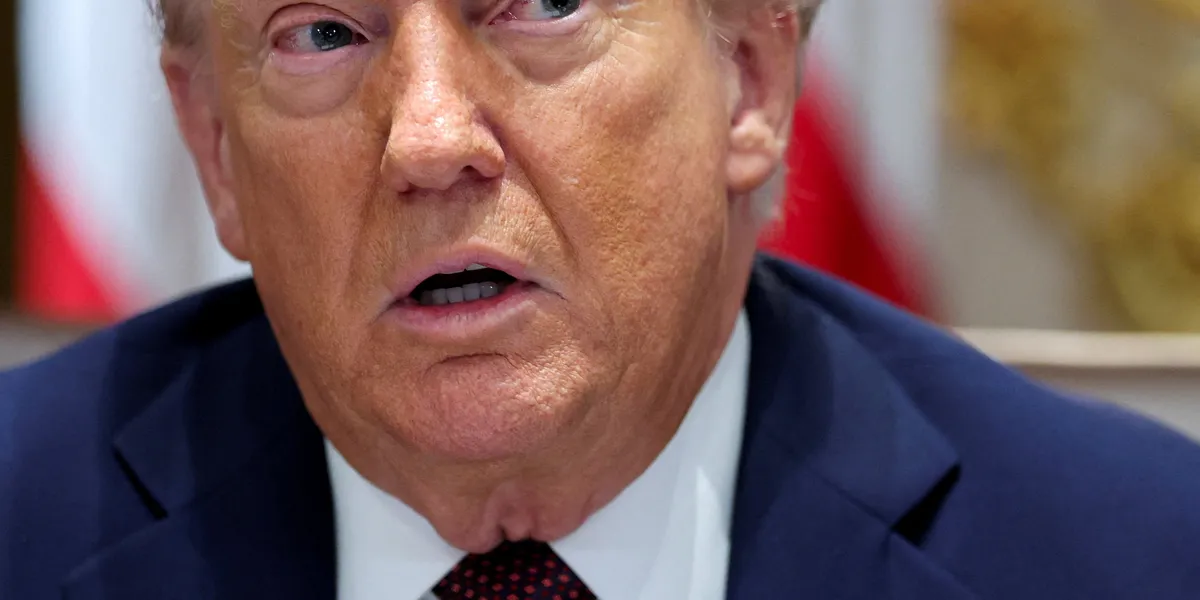By Katie Dickinson
Copyright standard
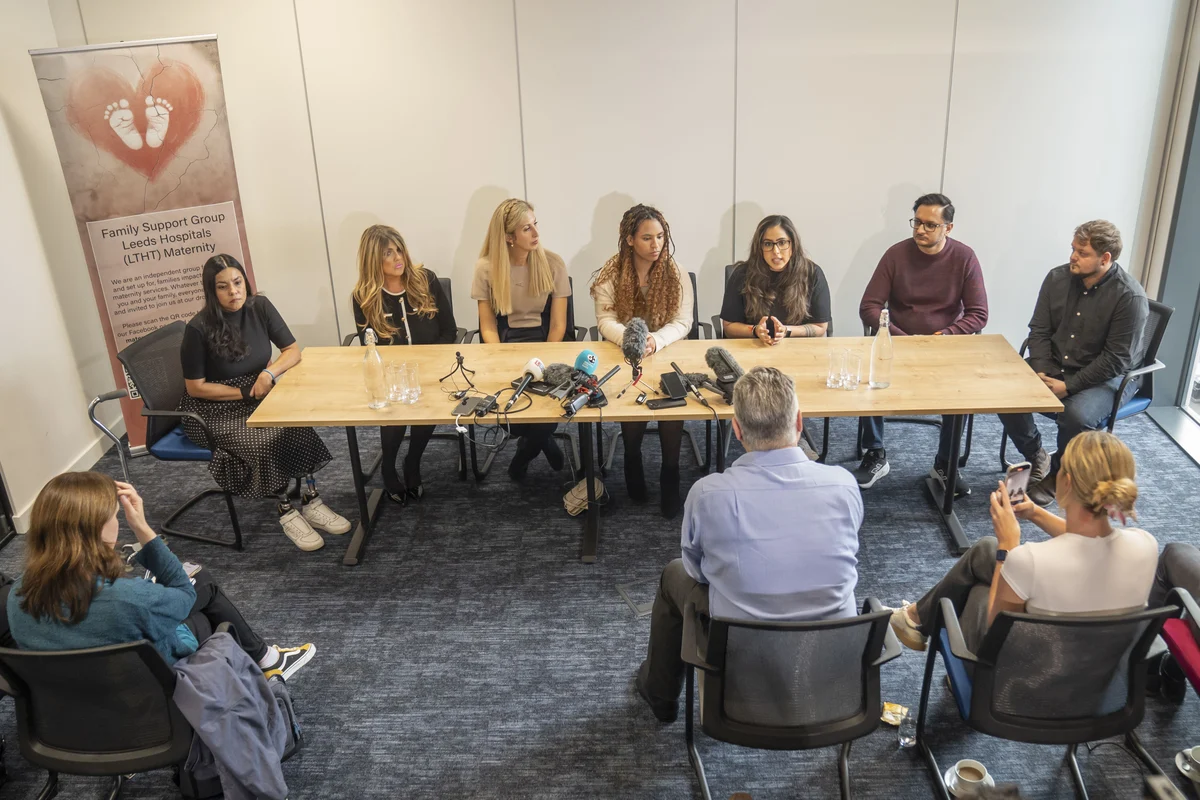
Bereaved mothers who say they were failed by maternity services at an NHS trust said they “didn’t want their babies to die in vain” as they held an emotional meeting with Health Secretary Wes Streeting.
The group of parents who had their babies at Leeds Teaching Hospitals (LTH) NHS Trust met with Mr Streeting to try and persuade him to hold a public inquiry into issues with the trust’s maternity care.
LTH is one of 14 hospital trusts which will be examined in a national investigation into “failures” in NHS maternity and neonatal services.
The Leeds Hospitals Maternity Family Support Group said the rapid review would not “go deep enough or get to the wider issues”, and that a public inquiry was currently “the only way for families from any kind of scandal to receive accountability and justice”.
At a press conference in Leeds on Wednesday, some of the mothers said Mr Streeting had been “moved, shocked, horrified and appalled” by their stories, and had agreed to another meeting with them.
Lauren Caulfield, whose daughter Grace died in the days before her birth in 2022, said: “Following today’s meeting and the sheer courage and bravery of the many families who were able to attend, and those who wrote in statements to be read, he is going away to seriously reflect on his decision, (not to hold a public inquiry) following the understanding that the problems in Leeds are way beyond what a national maternity investigation will be able to achieve.”
Fiona Winser-Ramm, whose daughter Aliona died in 2020 after what an inquest found to be a number of failures, said: “There’s been significant movement in the case that he was clearly moved, shocked, horrified and appalled, I think, by the things that he was hearing.
“We had families spanning from 2011 up until now and it was horrifying to see account after account of such similar experiences, such similar failings in care, the same attitude of management throughout that.”
Senior midwife Donna Ockenden, who is currently examining how hundreds of babies died or were injured in the care of Nottingham University Hospitals Trust, following her review into mother and baby deaths at Shrewsbury and Telford Hospital NHS Trust, was also at the meeting.
Angela Welsh, whose son died in 2011, said Ms Ockenden was “very upset” when the group showed pictures of their babies.
She said: “Even Wes himself showed a lot of emotion. He was listening. He did show a lot. And I do think that he will do the right thing.”
Ms Winser-Ramm said the group held up a 10 metre-long washing line in front of Mr Streeting, filled with 56 babygrows and two adult-sized t-shirts, to represent the baby deaths and maternal deaths at LTH that a BBC investigation found may have been potentially avoidable between 2019 and 2024.
She said: “It is a horrific sight to see. It stretched the full length of the room and I don’t think anybody could look at that and not be moved, not be horrified.
“More often that not we become statistics, we become numbers, we become just a piece of paper, and we wanted to portray to the Health Secretary that we are people, that our children are people, that they that they mattered then, they matter now.
“I actually said if I was holding up a washing line with 56 school uniforms on it we wouldn’t even be having to have a debate about this. You would have already taken action.”
Ms Welsh said: “We’ve lost our babies, we don’t want them to die in vain. We want to change something.”
Amarjit Matharoo, whose daughter was stillborn in 2024, said a public inquiry would “drive change on the ground”, adding: “At the moment, we see little reviews being done, for each one of our children, but then nothing coming out of it, so no actual change.”
Ms Winser-Ramm said she started the support group “in the depths of despair” after her daughter died.
She said: “Having been explicitly told by the hospital that they had never seen anything like it before, which is just a lie, that we were a one-off that they’d never seen anything like it before.
“I felt so lonely, so isolated and the desperation that I was in, I needed to find people that were the same as me, that understood what it felt like to be living this life that we had been forced to live.
“So, I actively started to try and find people frantically searching online, and I started to come across newspaper articles, other families that were the original whistleblowers around this, around the 2011 kind of mark, and started to connect with those families and they helped save my life, basically, those families, because they were the first people that made me feel like I wasn’t crazy, that I wasn’t making this out to be a bigger thing than it was.”
A Department of Health and Social Care spokesperson said: “Too many families have endured profound harm and heartbreaking loss due to failings in maternity care, and that’s why we’ve commissioned an urgent national investigation and set up a taskforce to root out those systemic failures.
“We are deeply grateful to the families in Leeds for their courage in sharing their stories. The repeated failures in Leeds are shocking and we’ll be looking very closely at how best to make the improvements required.
“But we know we also need action now to improve safety across NHS maternity and neonatal care, so we’ve introduced advanced monitoring systems, new care bundles to tackle maternal deaths and programmes to prevent brain injuries during childbirth.”
